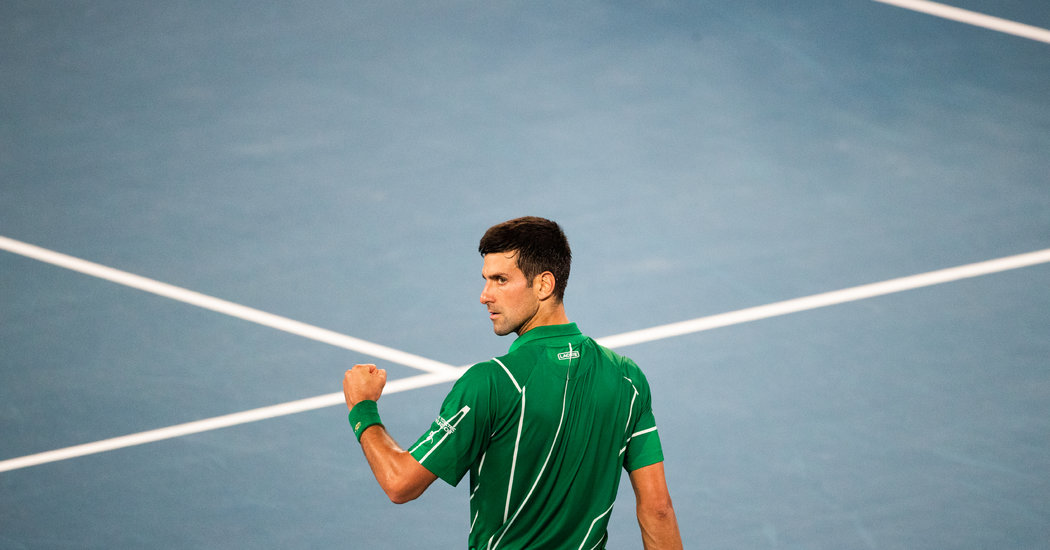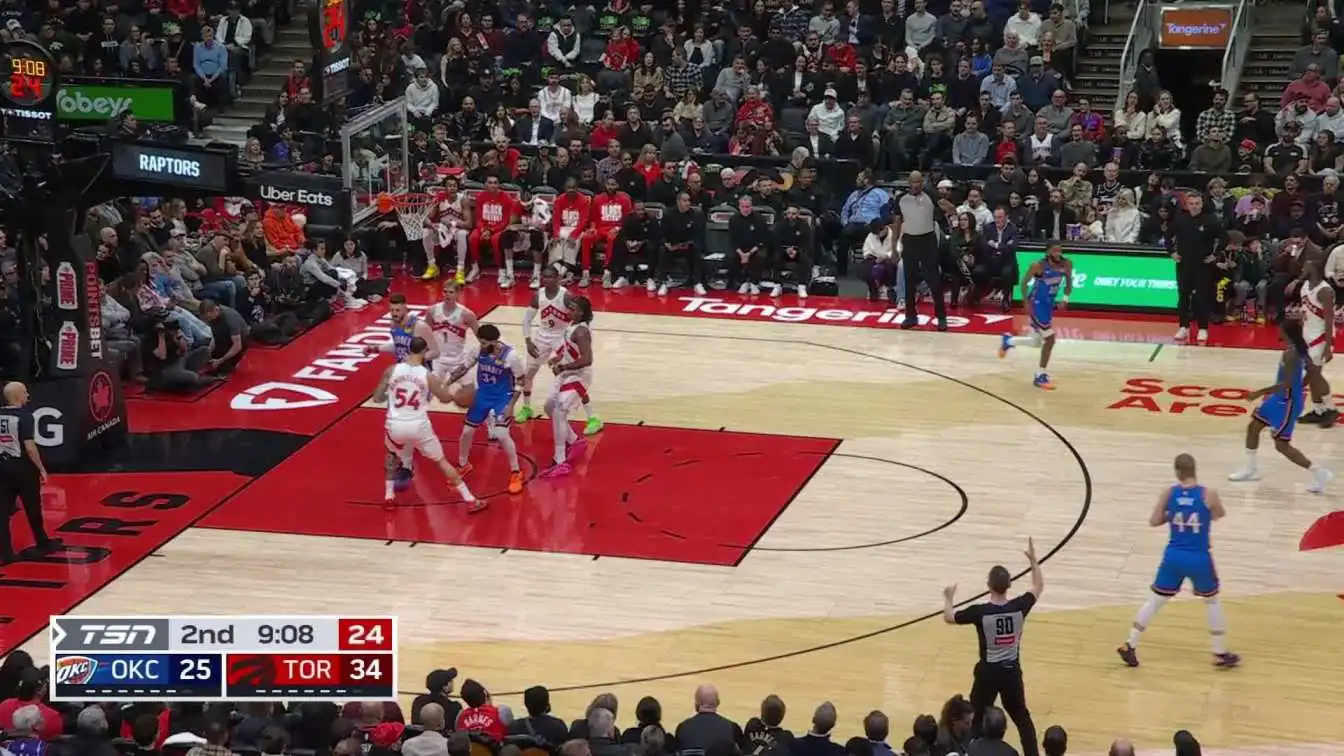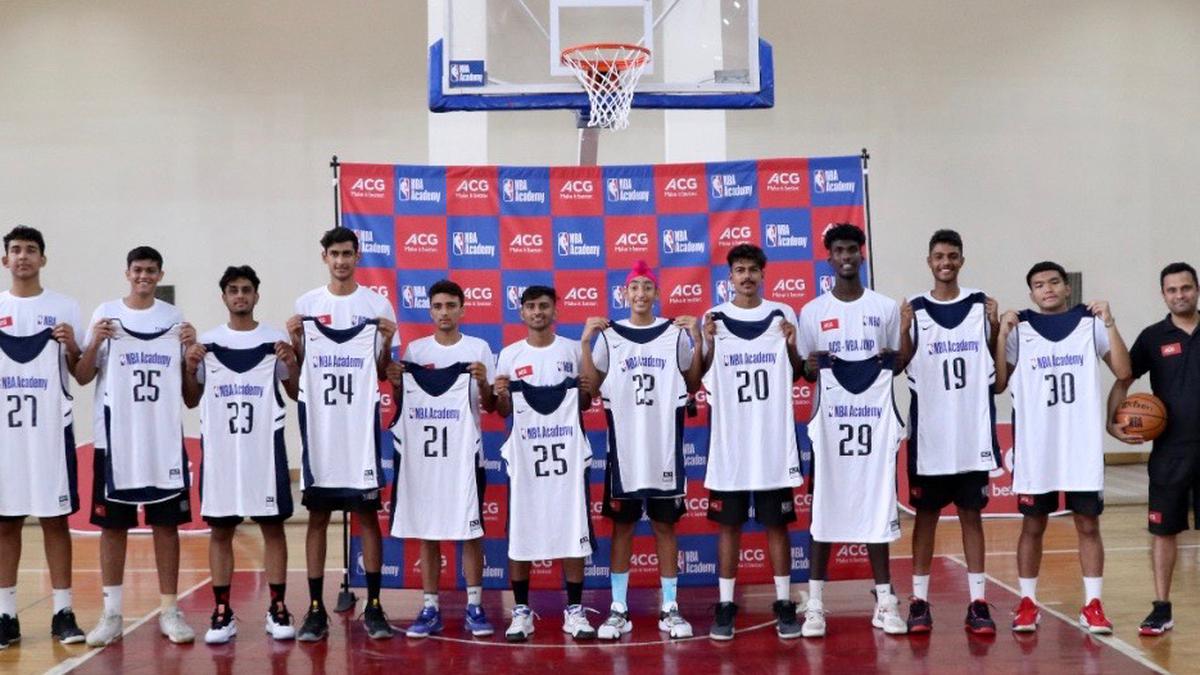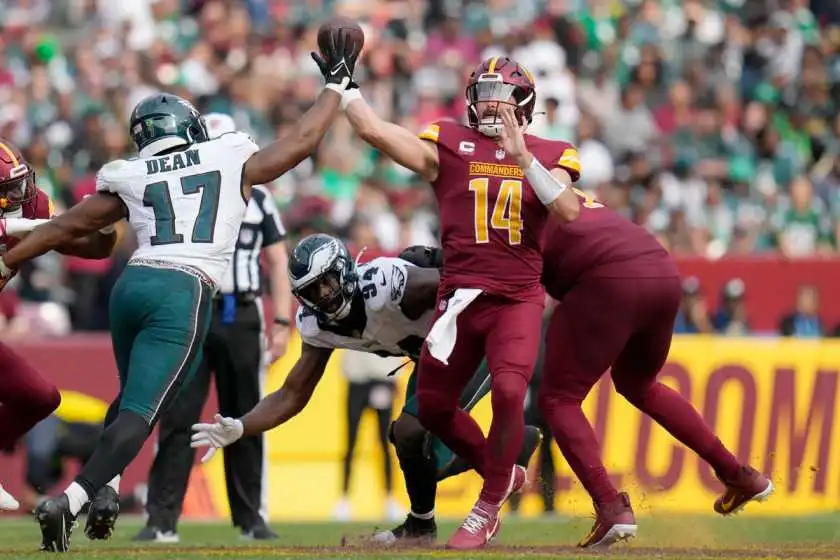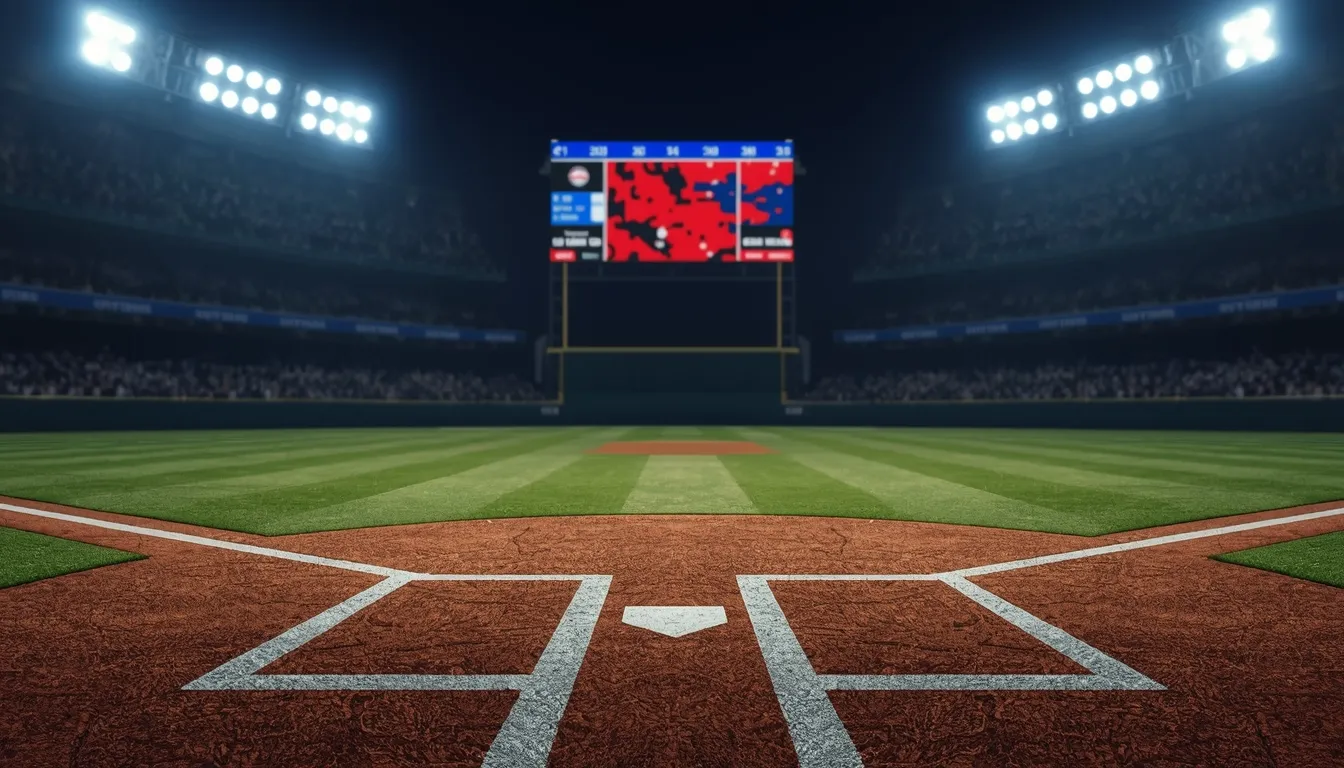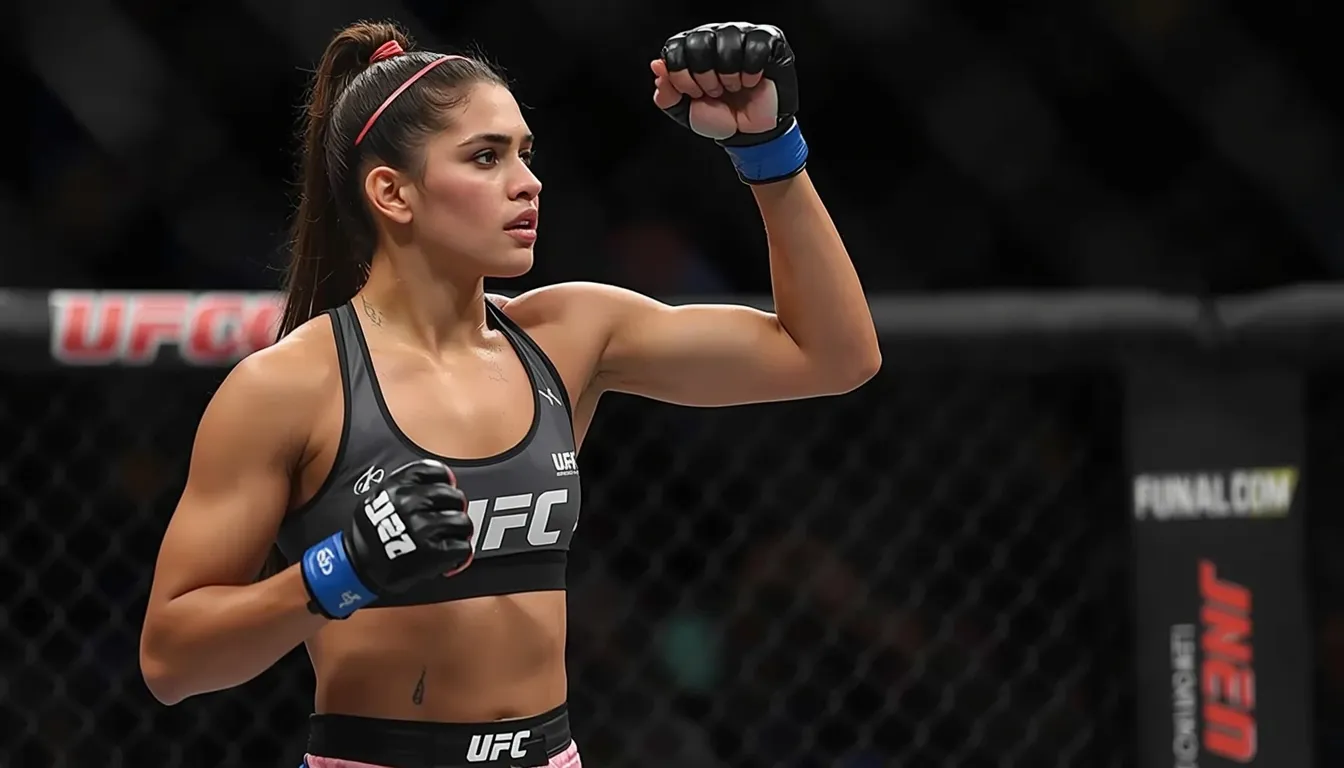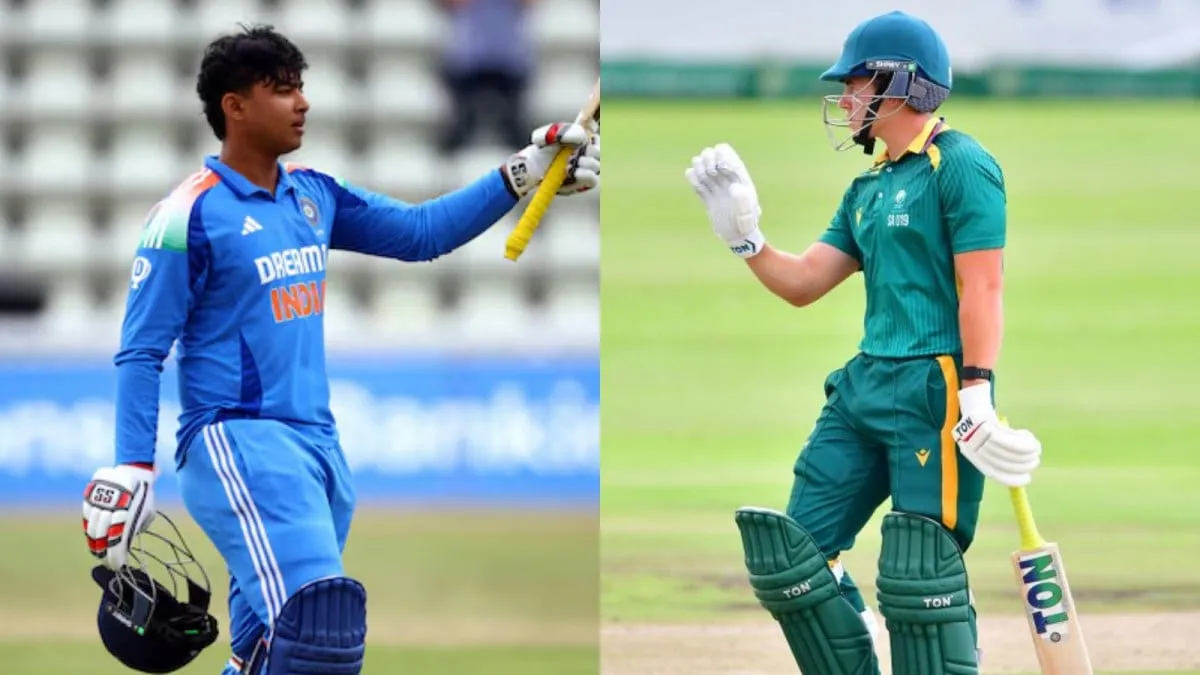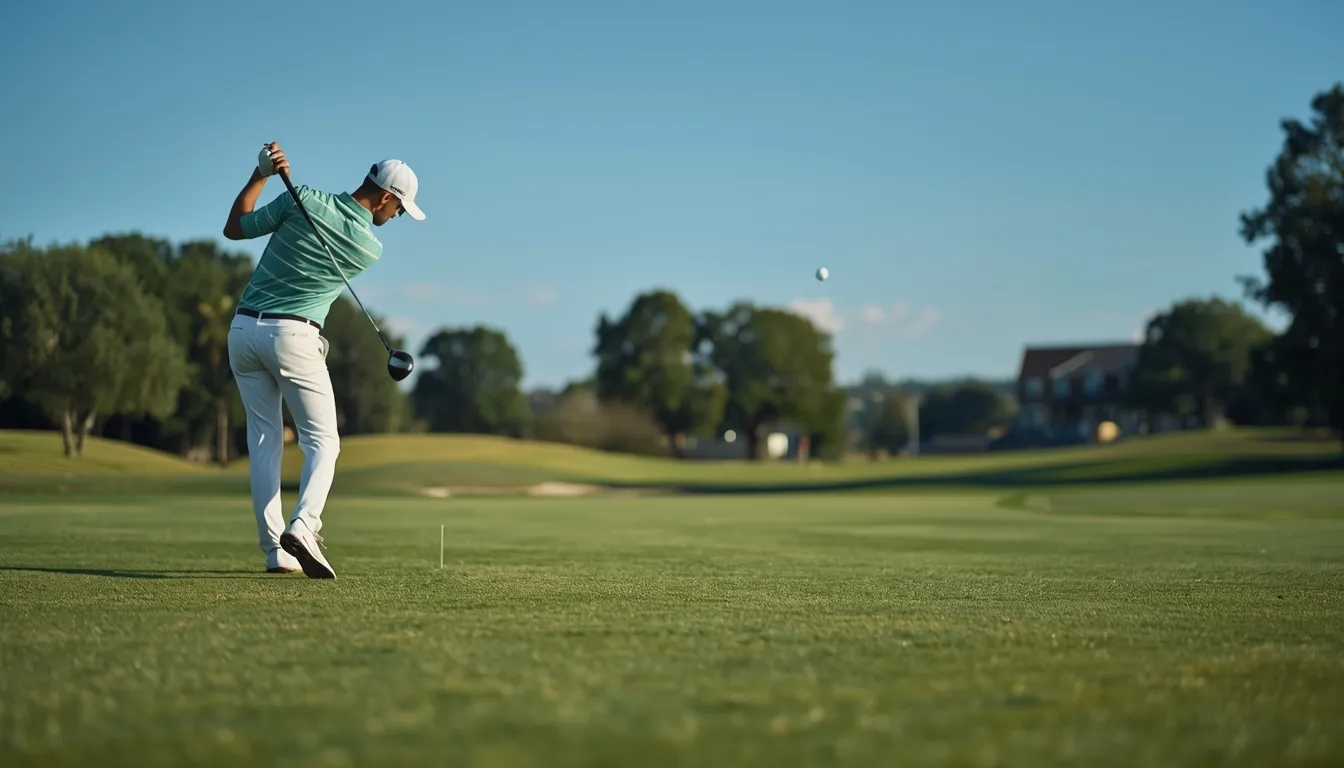MELBOURNE, Australia — If Thursday night’s straight-sets loss to Novak Djokovic turns out to be the last semifinal for Roger Federer at Rod Laver Arena, it was not a fitting sight.
Federer has had some of his most stirring moments on the court that was once green and is now blue, where Laver himself still watches from the front row at age 81.
Laver has seen Federer play much better and generate much more emotion here through the years. But at age 38, after two draining, five-set matches had left him diminished, Federer was only able to trouble Djokovic for about an hour and a half before losing 7-6 (1), 6-4, 6-3.
Federer had complained of a groin problem that started in his quarterfinal win over the unseeded American Tennys Sandgren, a victory in which he saved seven match points. He has had issues lately with his back, as well.
But what was clear on Thursday was that there would be little suspense beyond the first set; little sense that Federer could come up with enough full-cut, big-risk winners to keep the steadier, quicker Djokovic from closing him and his angles out.
“I mean obviously, he was hurting,” Djokovic said. “You could see it in his movement. Respect to him for trying his best.”
Federer, who has never retired during a match in his professional career, said he gave himself a “3 percent chance to win.”
“You know, got to go for it,” he said. “You never know. But once you can see it coming, that it’s not going to work anymore, it’s tough.”
Even fresh and healthy, winning would have been unlikely. Though Federer defeated Djokovic in a best-of-three-set match at the ATP Finals in November, he has not beaten him in a best-of-five-set match or a Grand Slam tournament since Wimbledon in 2012.
He came agonizingly close in the Wimbledon final last year, failing to convert on two match points on his own serve before Djokovic closed him out in the fifth set.
Federer has not beaten Djokovic at the Australian Open or the United States Open, the two Grand Slam events played on hardcourts, since 2009.
Not for nothing was Djokovic named the player of the decade for the 2010s by the men’s tour. And though he has won on every surface and at every major championship venue, it is perhaps Melbourne that brings out the best in his elastic, defense-to-offense game.
Federer, despite some brutal setbacks, has been the man to beat at Wimbledon, winning a record eight titles. Rafael Nadal has been tops, and then some, at the French Open, winning a record 12 titles there.
But Djokovic, 32, has ruled down under, accumulating a record seven Australian Open singles titles. He has gone 8-0 in semifinals and 7-0 in finals, overwhelming Nadal in straight sets for the championship last year. He will be the favorite again on Sunday when he faces either Dominic Thiem or Alexander Zverev, neither of whom has won a Grand Slam singles title.
It will be Djokovic’s first major final against a player who is more than a year younger than himself. Thiem is 26. Zverev is 22. Djokovic recalled his own path to success against older players, like Federer, and players with more big-match experience, like Nadal.
“I remember when I won my first Grand Slam title here in 2008, it just was three very tough years for me after that,” Djokovic said. “Every time I would get to a big final or semifinal, I would lose to one of those two guys. It took a lot of thinking and a lot of belief, and of course a lot of work, to perfect the game and challenge those guys on the biggest stages.”
Good luck to Thiem or Zverev, who will be playing on one of Djokovic’s favorite stages with Djokovic having two full days of rest. But it should be noted that both have defeated him multiple times elsewhere. Thiem, the powerful and hard-running Austrian whose stock continues to rise, has even beaten him at the Grand Slam level, both times on red clay at the French Open.
Djokovic said he hoped to hold the youngsters off as long as possible, but it’s inevitable that they will ascend.
“I’m sure Roger and Rafa would agree, but it’s going to happen,” he said. “Whether it’s this year we’re going to have a new Grand Slam champion or next year, it’s very soon. Why not? I mean it’s good for our sport. Of course we need more champions.”
Djokovic still has big goals in front of him, however. Although he is at No. 2 in the rankings now, he can reclaim the top spot from Nadal with a victory on Sunday.
He can also close the gap on Federer’s men’s record of Grand Slam singles titles. Federer has 20; Nadal has 19 and Djokovic has 16 — even if he is playing down the title race.
“My mantra is not 20, 19, 16,” he said with a laugh during an interview last month in Monaco.
But the record is certainly on his tennis wish list even if like Nadal, he does not want to make it into an obsession.
“I do really believe in myself deeply and especially now today, after everything I have achieved the last few years, I know what I am capable of,” he said. “So yes, I do sit and home, and especially before the season starts, I do have my new year resolutions like everybody else. And of course a part of them is related to tennis and what I would like to experience and achieve in 2020.”
Goran Ivanisevic, one of Djokovic’s coaches, is convinced 20 will not be enough. “I personally think Rafa is going to pass 20 for sure, and I think Novak is going to pass 20 for sure,” he said.
For now, Djokovic will have to be content with having an edge over Nadal and Federer in their head-to-head encounters.
Thursday’s was his 50th with Federer, and he leads the series 27-23.
Federer rested instead of practicing on Wednesday after a magnetic resonance imaging scan showed that he was “all right.” Once on court, he sprinted out of the gates, ripping winners and timing the ball beautifully just off the bounce.
Djokovic grimaced and gesticulated.
“I don’t think I would have gone on court if I felt like I had no chance to win,” Federer said. “We saw I was still being able to make a match out of it. Who knows maybe how he feels as well. He’s a great, great player. We know that. He makes you hit balls. He serves well. He returns well. He moves well. He’s mentally very tough. There’s so many things that can cover a problem.”
Djokovic said he was initially unsettled about facing a rival not playing at full strength. But he soon found his range, and the match turned for good when he was down 1-4 and 0-40 on his serve.
He held and went on to win the 62-minute first set by dominating the tiebreaker, closing it out by hitting a winner off a fine Federer drop shot and then nailing a backhand return winner.
Federer left the court for treatment while Djokovic spoke with a trainer on court.
There were still shouts of “Roger!” and “Nole!” once the match resumed, and still occasional flourishes from Federer. But more often he looked a step slow in the later stages, particularly to his forehand side.
The sunset over Laver Arena, as it turned out, was more magical than the semifinal below. Federer, a six-time Australian Open champion, has seen much more luminous days in Melbourne, but he was in no mood to say farewell.
“You never know what the future holds but especially at my age, you don’t know,” he said. “I’m confident. I’m happy how I’m feeling, to be honest. I got through a good, nice training block. No plans to retire.”
On to Cape Town, South Africa for an exhibition with Nadal while Djokovic remains in Melbourne to try to keep youth at bay.

